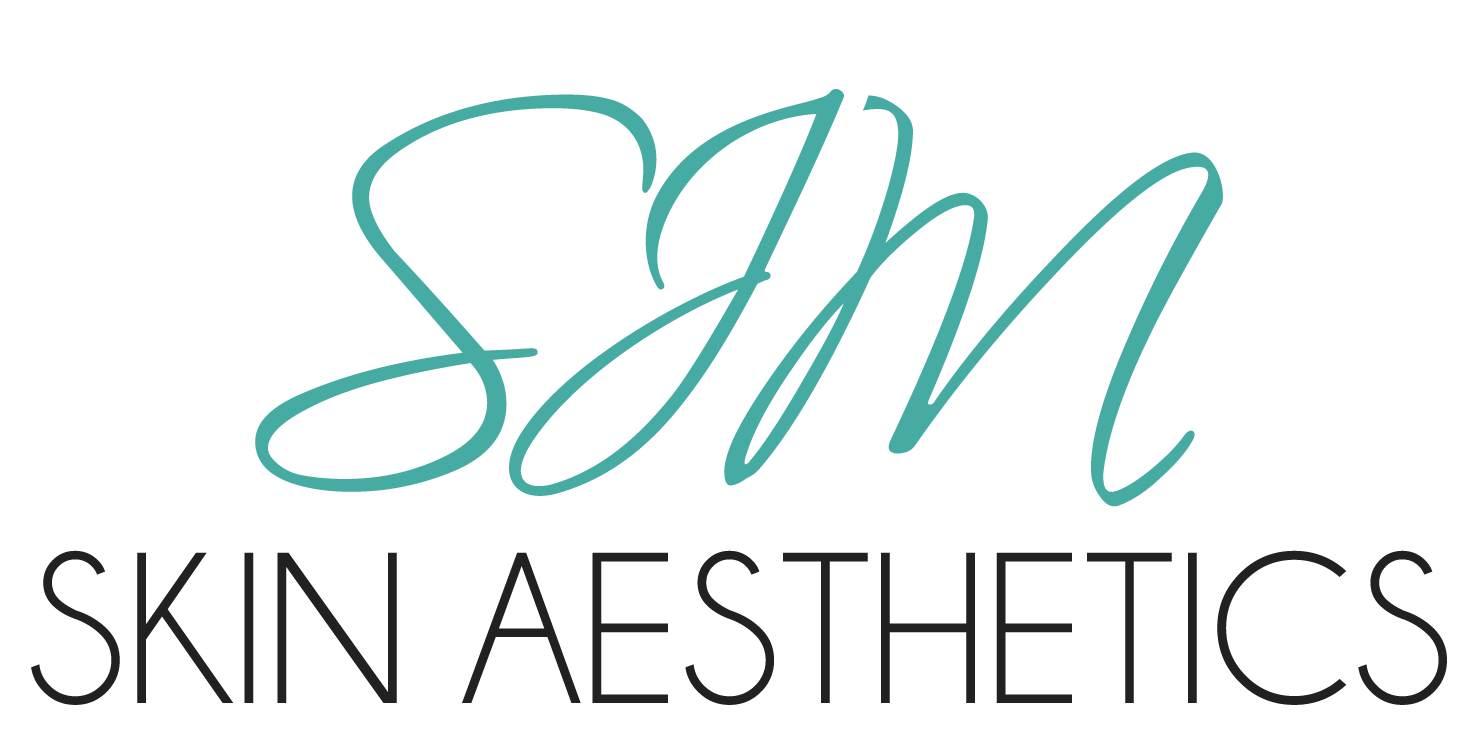Sleep & it's impact on skin health
Sleep is an essential component to our overall health! but how does quality sleep correlate to skin health?
Well, sleep is a part of the bodies repair process. It does this by increasing blood circulation, therefore sends signals to repair cellular damage that has taken place that day. Oxidative stressors affect our skin daily. Such as UVA/UVB damage, smoke, pollutants and more! These stressors create and imbalance in the skin and contribute to the ageing process ( through cellular and tissue damage)
This is why often when we are deprived of sleep, we experience dullness, uneven skin tone and delayed healing of skin ( such as acne lesions or any forms of cuts/bruising)
In fact, a study tested chronic under sleepers compared to those who had adequate rest and found:
Good sleepers had significantly lower intrinsic skin ageing scores
Poor sleepers had significantly higher levels of Trans epidermal water loss ( causing dehydration)
Good sleepers had 30% greater barrier recovery compared with poor sleepers
At 24 h after exposure to ultraviolet light, good sleepers had significantly better recovery from erythema ( Redness)
Good sleepers also reported a significantly better perception of their appearance and physical attractiveness compared with poor sleepers. ( our self love matters too!)
So how much sleep should you be getting?
The aim is to get at least 7-9 Hours per night and if you aren't getting this shut eye on a regular basis we strongly suggest you implement some form of sleep assistance by a professional or some form of routine to combat the lack of sleep.
Some suggestions if you are having trouble falling asleep:
Use lavender scents ( this can be candles, diffusers, or essential oils for the body) breathing it in deeply can calm your mind
Preform Accupressure, similar to Chinese medicine, the concept of Accupressure works by pressing pressure points to relax the body and mind.
Techniques like : Between your eyebrows, there is a small depression on the level of your brows, right above the nose. Apply gentle pressure to that point for a minute.Between your first and second toes, on top of the foot, there is a depression. Press that area for a few minutes until you feel a dull ache. Imagine that your foot has three sections, beginning at the tips of your toes and ending at the back of your heel. Find the distance one-third back from the tips of your toes and press on the sole of your foot for a few minutes. Massage both of your ears for a minute
Limit screen time. We all know this one! Blue light emissions coming from our phones, computers and TVs actively delay the production of melatonin, a sleep hormone produced by the body to allow our body to rest and wind down.
Warm baths and showers directly before bed. It's actually been scientifically proven that having a hot/warm shower then stepping out to a cooler climate will decrease your metabolism and engage your body to sleep at a faster rate!
Set an earlier bedtime then the time you actually want to fall asleep. For example if you aim is to be asleep by 10Pm get into bed by 9PM. That way you have allowed enough time to unwind. As oppose to putting pressure on yourself to fall asleep then and there! ( 9 times out of 10 that never works)
Finally, practice mindfulness! this can be light stretching before bed, meditation, focusing on your breathing or listening to music that calms your mind
As a past night owl, I hope you find these tips helpful! I cannot stress the importance of sleep! It must be a priority despite our busy full on lives!
Written By Rylee Walton (BHScDT)
